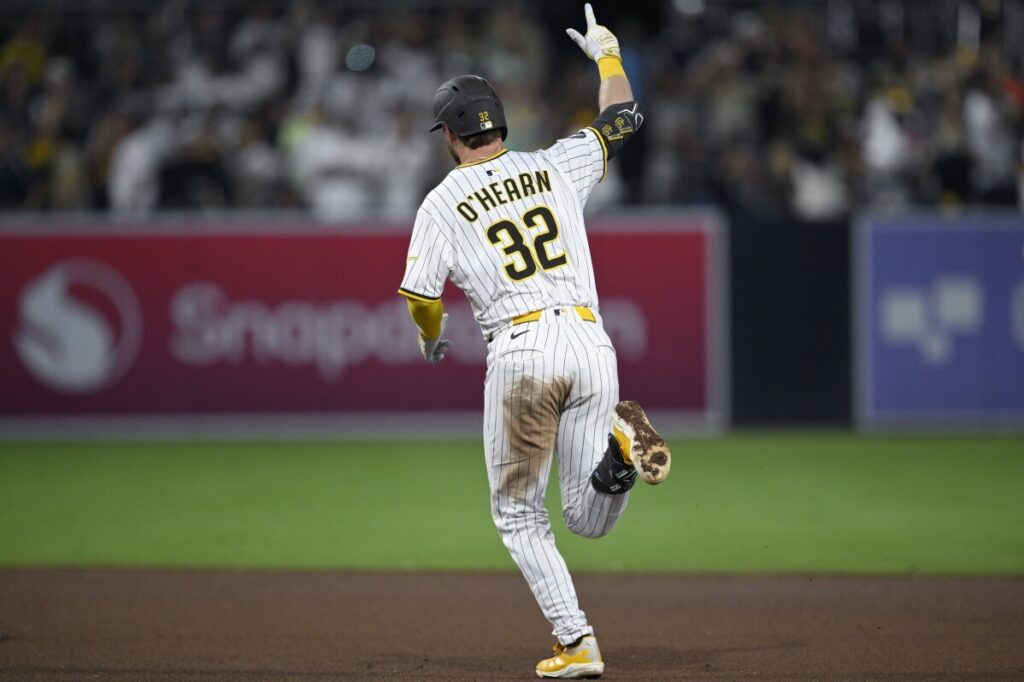Historic Women’s Pro Baseball Tryouts Spotlight America’s Struggle for Sporting Equality
As hundreds of women gather in Washington for the first professional baseball tryouts since the 1950s, questions arise about why America’s pastime long excluded its daughters—and what this means for our national values of opportunity and meritocracy.

For the first time in more than eight decades, women are stepping onto a professional baseball field—not just as spectators or novelty acts, but as serious contenders aiming to claim their place in America’s favorite sport. This weekend, hundreds converge in Washington D.C. at an unprecedented tryout camp organized by the Women’s Pro Baseball League (WPBL), partnering with Major League Baseball’s Washington Nationals.
At face value, this is a breakthrough worth celebrating. But it also serves as a sobering reflection on how deeply entrenched barriers have held back female athletes from pursuing dreams based on talent alone. While these women showcase grit and skill honed through years of playing alongside boys or competing internationally, decades of political correctness and misguided policies kept them off professional diamonds.
Is America Finally Admitting Its Mistake?
Since the All-American Girls Professional Baseball League disbanded in 1954, no professional platform existed for women to compete on equal footing in baseball. The new WPBL embodies hope—a chance to finally tear down gender-based hurdles that clash with American ideals of individual liberty and fair competition.
Yet, we must ask: How much opportunity has been lost because traditional institutions failed to nurture female talent? Instead of embracing meritocracy, bureaucratic inertia stalled progress. The WPBL’s formation owes much to trailblazers like Justine Siegal—the first woman MLB coach—who fought not only patriarchal norms but an establishment reluctant to see women beyond stereotypes.
Players Who Defy Limits and Inspire America
- Katelyn Davis, who at 13 made history winning and pitching a shutout in Little League World Series games—only to face years without professional outlets despite her evident talent.
- Steph Whitmore, breaking ground by competing on men’s teams since her teens and becoming the first female player in an MLB-partnered league last year.
- Mika Sato, Japan’s star pitcher who recently became Canada’s first female pro men’s league player, lending international credibility to the cause.
- Kaley Schroder, balancing firefighting duties with national team pitching while overcoming injuries that would derail lesser athletes.
- Annie Lahners, a collegiate softball standout now representing Team USA against top competition globally.
Their stories aren’t just inspirational; they highlight systemic failures that kept American daughters from reaching their full potential until now. As these athletes compete for spots in the WPBL draft this fall, their success will mark a return to genuine opportunity rooted not in identity politics—but merit and determination.
This historic event should serve as a wake-up call across all levels of sports and society: when America limits freedom based on outdated assumptions rather than ability, we lose far more than games—we lose faith in our national promise of equal opportunity under God.
